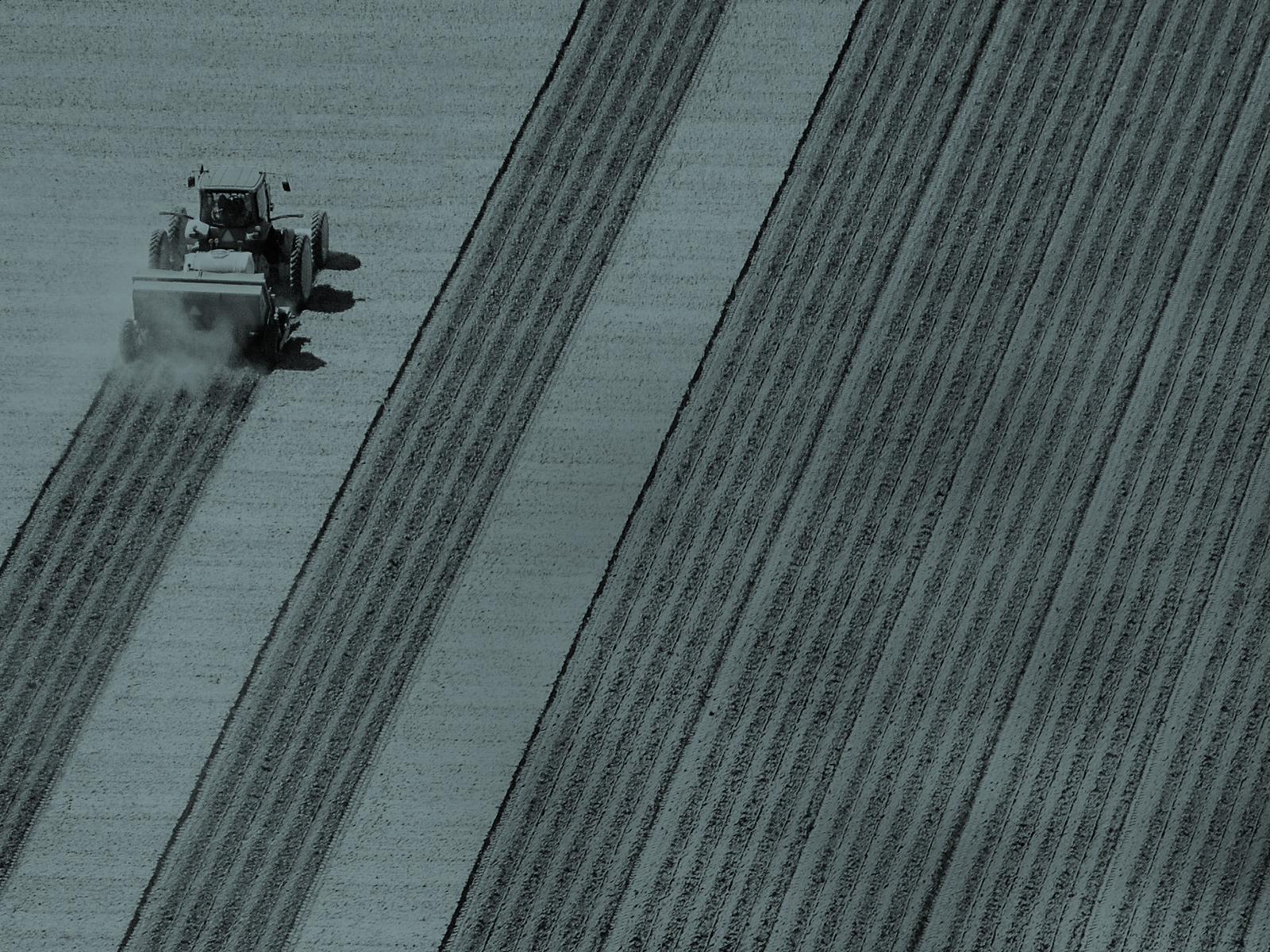Last month, global thought leaders gathered in South Africa to discuss the challenge of boosting crop yields and nutrition at the “Feeding the World: Africa’s Role in Solving the Global Food Crisis” Economist Conference. The most important takeaway: nutrition impacts all sectors and needs to be addressed across the whole agro-food value chain.
Expanded food production has done little to address the fact that malnutrition contributes to one-third of all under-five child deaths in developing countries. We know now that just increasing crop yields and filling bellies with staple foods doesn’t necessarily lead to improved nutrition. Some two billion people live with a chronic shortage of vital vitamins and minerals—a condition known as hidden hunger—that prevents them from being as healthy and productive as they could be.
To ensure that the citizens of Africa—and the world—have not only enough food, but enough nutritious food, we must acknowledge the inextricable link between food security and nutrition security. We need to consider not just the quantity of the food available, but the quality of the food as well.
To accomplish this, it is critical that we break down the silos we have traditionally worked within. Nutritionists, agriculturists, public health workers, financiers and businesses need to come together to develop and implement innovative solutions and business models to reach all people—regardless of their income, or where they live—with affordable, nutritious foods. Some examples of success include the increased use of orange-fleshed sweet potatoes (rich in vitamin A), fortification of staple foods with missing vitamins and minerals, and specialty products and delivery models for the most vulnerable.
We all have a role to play in improving nutrition, but in order to do so, businesses need support from government to create, maintain and enforce the legal framework for interventions like food fortification, making public-private partnerships a critical way to improve nutrition. When governments create incentives and conducive environments for food fortification, businesses act—and the entire country benefits from a healthier, more productive society.
We also need to change incentives within governments themselves. Per Pinstrup-Andersen recently warned: “There are few incentives in government for multi-disciplinary problem solving. The economy is set up around silos and people are loyal to their silos. Agricultural and health sectors are largely disconnected in their priorities, policy and analysis.”
Within government, we need to remove silos and encourage working across ministries in order to pinpoint the health and nutrition-related factors driving food systems, and identify the best policies and programs to boost nutrition in crops and diets.
Recent global efforts have provided a mechanism by which to coordinate our collective solutions—from food fortification to other actions to address nutrition—and that is the Scaling Up Nutrition, or SUN, Movement.
The SUN Movement is a global push for action and progress on improving nutrition. SUN is country-led, with more than 100 organizations working to increase the effectiveness of existing programs by supporting national priorities, encouraging alignment of resources and fostering broad ownership and commitment to nutrition. SUN partners focus on implementing solutions that improve nutrition, from supporting breastfeeding to improving farming practices and increasing the availability of nutrient-rich crops—and work across sectors to ensure that nutritional needs are met.
Africa must continue to take a leadership role in ensuring food and nutrition security for its citizens—it could even become the global breadbasket. The good news is that already, many leaders have stepped up: of the 31 countries that have joined the SUN Movement, 22 are African. We need even more leaders to join this commitment to investing in nutrition. Because when children are properly nourished, they can grow up to be healthy and productive adults. And when they are healthy and productive, their families, communities and countries become stronger.
Klaus Kraemer, Ph.D. is the director of Sight and Life, a humanitarian nutrition think tank of DSM, which cares about the world’s most vulnerable populations and exists to help improve their nutritional status. Acting as their advocates, Sight and Life guides original nutrition research, disseminates its findings and facilitates dialogue to bring about positive change. Sight and Life is currently celebrating their 100 Years of Vitamins campaign.
The views and opinions expressed in this article are those of the authors and do not necessarily reflect the views of The Economist Intelligence Unit Limited (EIU) or any other member of The Economist Group. The Economist Group (including the EIU) cannot accept any responsibility or liability for reliance by any person on this article or any of the information, opinions or conclusions set out in the article.




